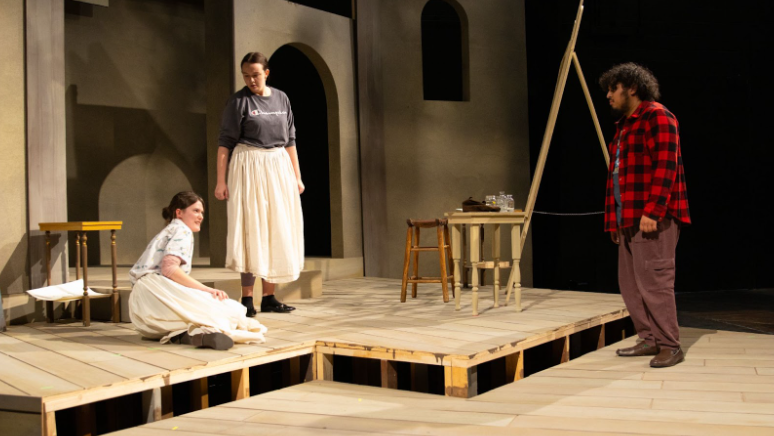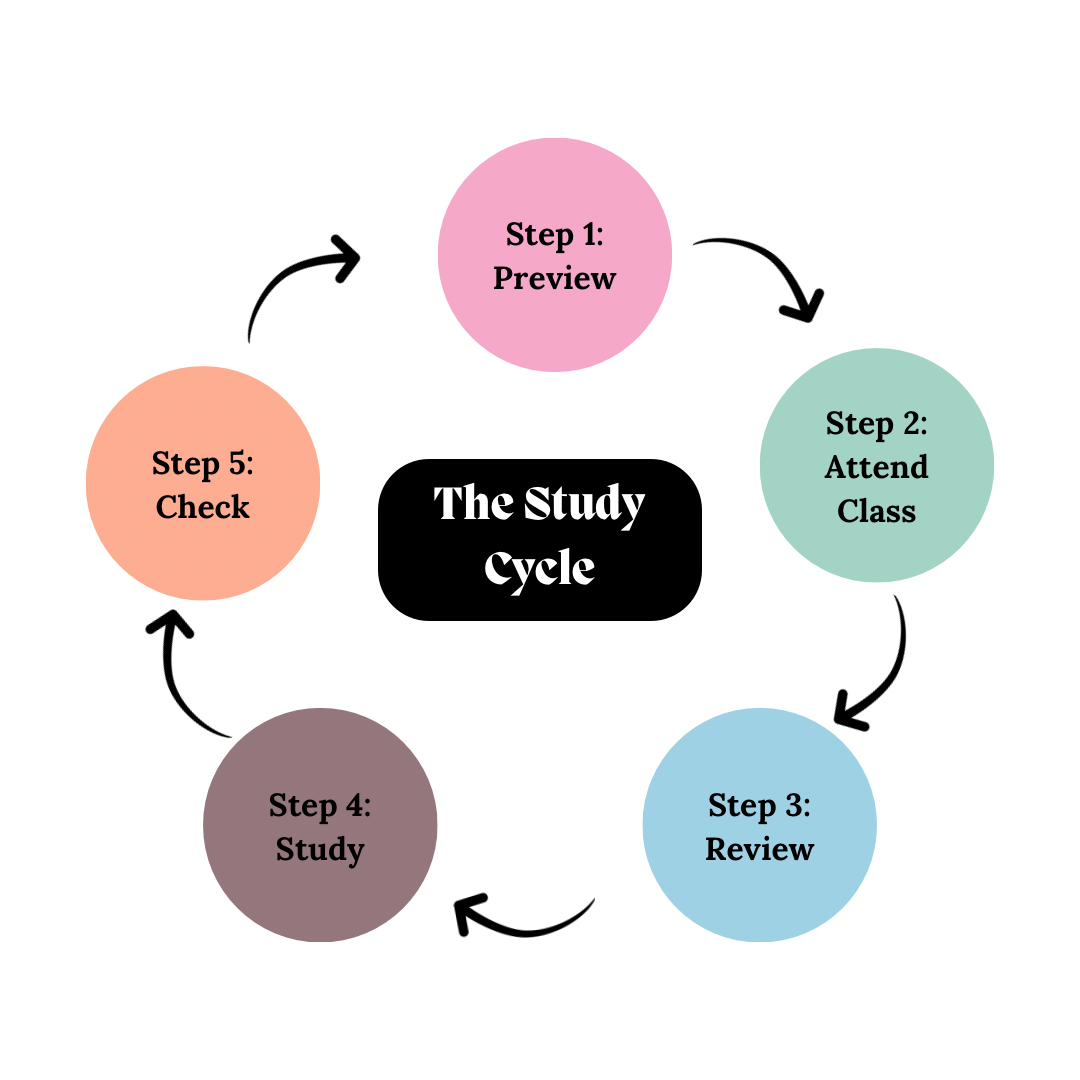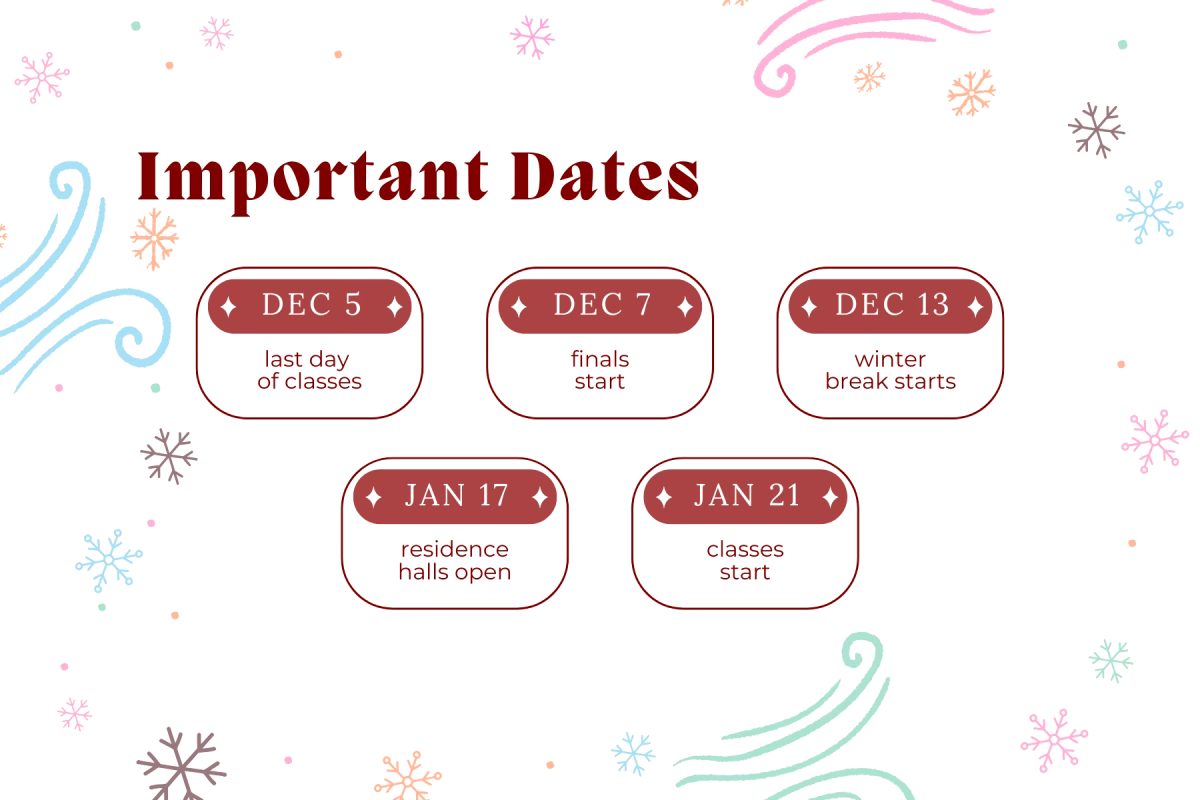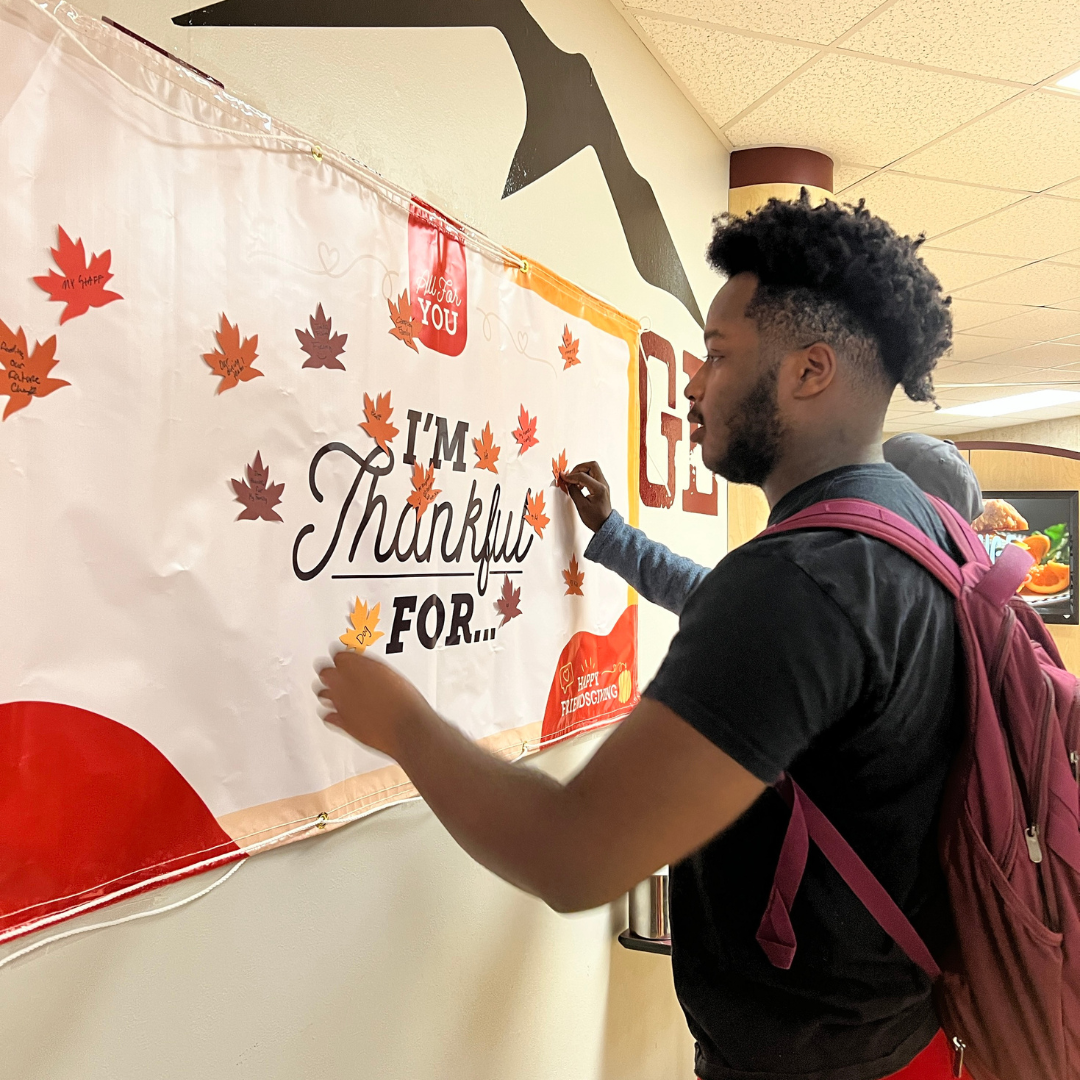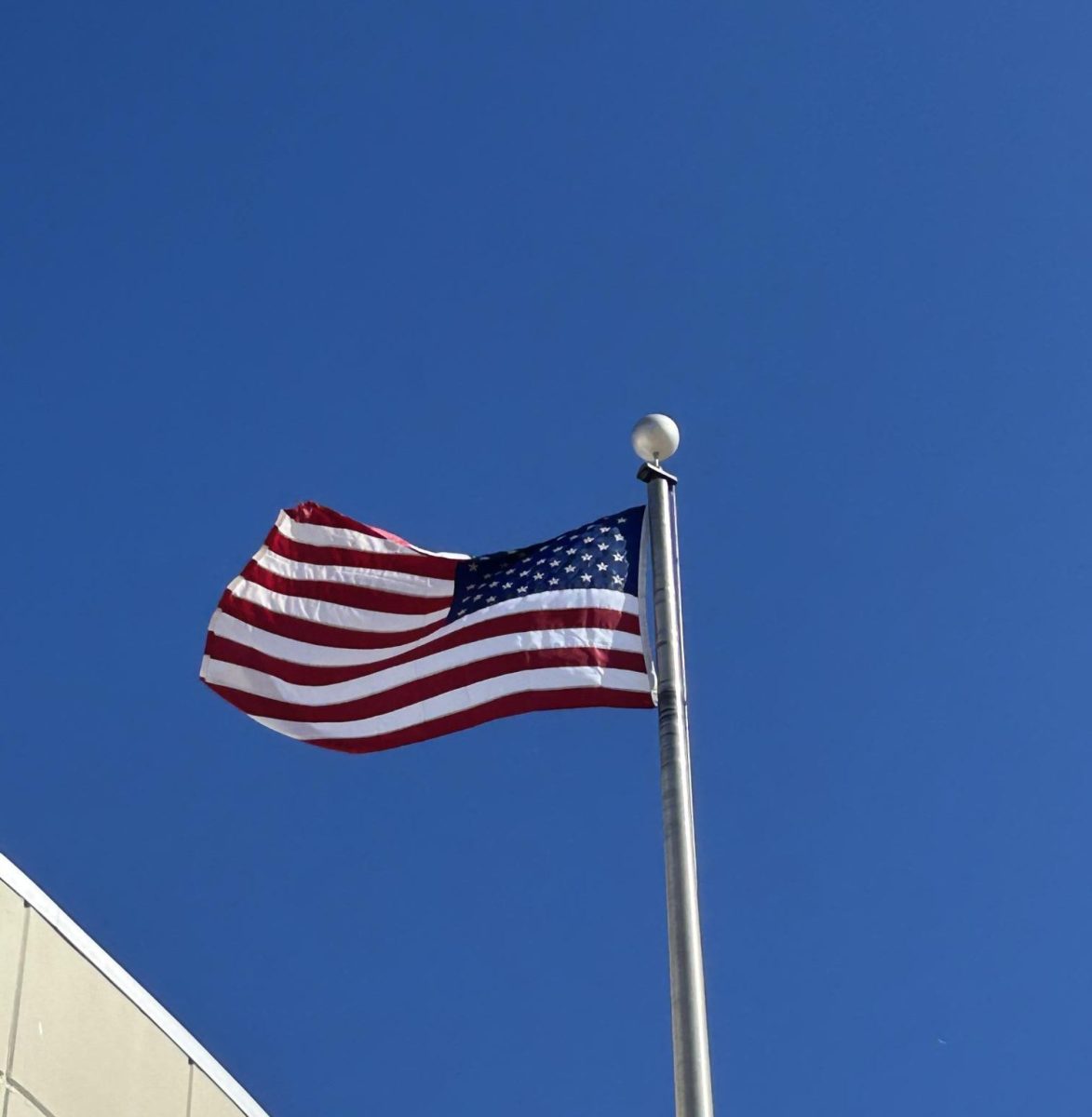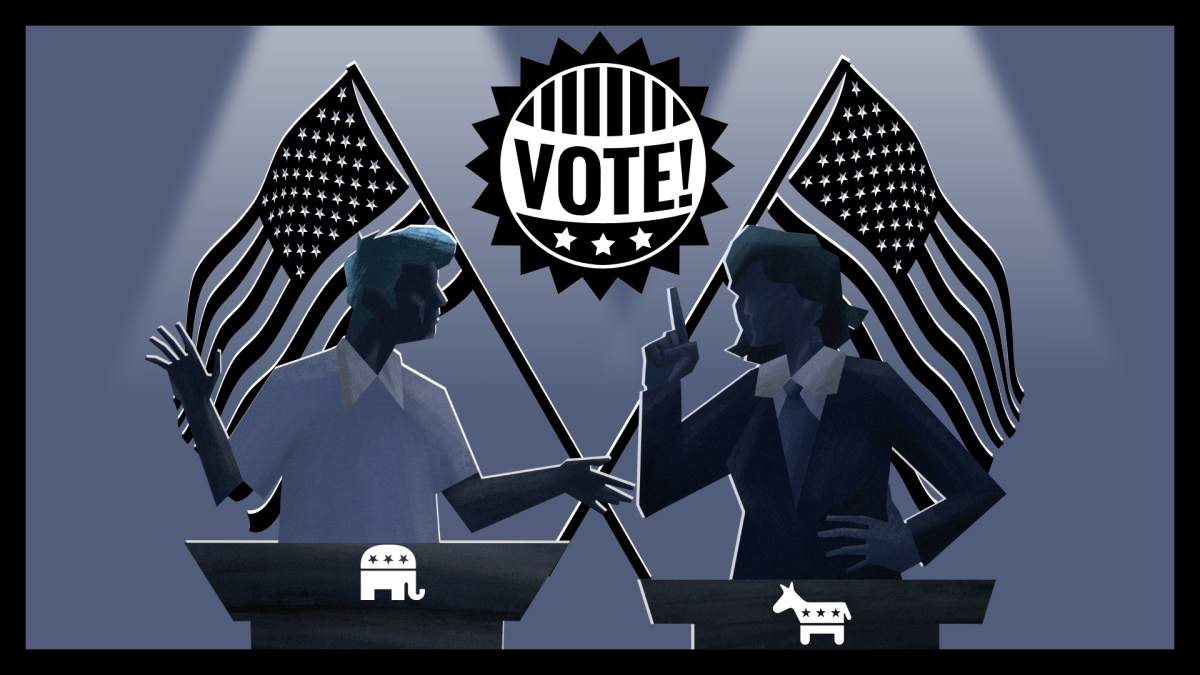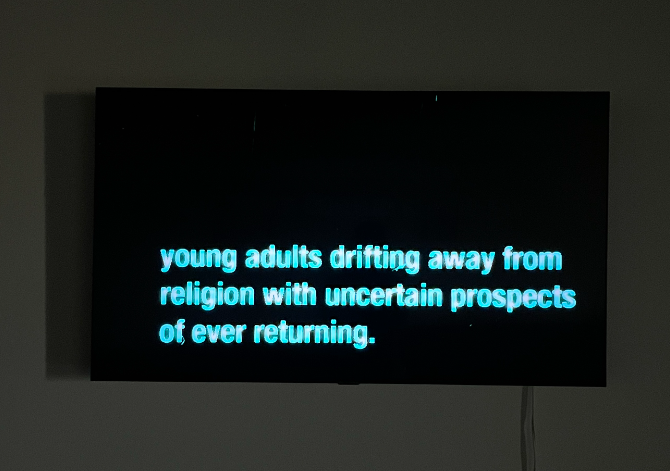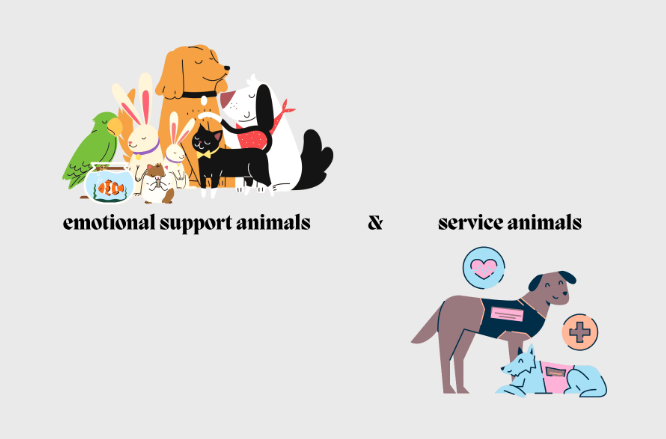
Just after finals had concluded in the Fall of 2010, Dr. Eddie Henderson, Dean of the College of Education and Social Sciences, was on duty in his office on the fourth floor of Old Main when he received a phone call from a concerned parent. The parent was Letricia “Puff” Niegos, and she wanted to discuss with him her thoughts on learning disabilities.
“She was very interested in doing something that would help the parents of children with learning disabilities,” Henderson said. “She has a child who has a learning disability, and she felt like when she was going through the system, there were not resources readily available to her and she had to seek those out on her own.”
Niegos, who received the nickname of Puff by here father as a child – she struggled with allergies and her father said her face would “puff up” when she sneezed – wanted to raise awareness for learning disabilities such as dyslexia, which her son, Matthew Niegos, suffers from. She met with Henderson over lunch a day or so after the phone call and discussed what avenues were available and what they could possibly do.
“They quit teaching reading in fourth grade,” Niegos said, “If you don’t know how to read by that point, you’re really left behind. The diagnosis needs to come sooner. There is a little bit of a window, and if you miss that window you’re really in trouble. I went and talked with Eddie to see if there was any help out there and how I could get involved in that.”
Henderson’s faculty had already departed for Christmas, so he waited for them to return from the break in January of 2011 before discussing the situation with them.
“It was important to come back to the faculty and say, ‘If we had this opportunity for external funding, and if the goal was to provide resources to the community, how could we do that?’ We all pretty quickly came to the notion of a center, a partnership, some entity that did these various things – community outreach, bringing in speakers, promoting research, etc.”
Henderson went back to Niegos with the idea in February of 2011, and she said it was exactly what she wanted to do, and so the WTAMU Community Partnership for Learning Disabilities was created. The program’s overall goal is to provide resources and educate parents of children with learning disabilities, support and promote success in children with learning disabilities through workshops, and assist teachers in understanding the disabilities to help students cope and learn in the classroom.
“There was a big learning curve there,” Niegos said, “having to get accommodations [for Matthew], and going through the process of diagnosis and trying to get the school’s help. But once he got to college at Rhodes College in Memphis, Tennessee, they recognized it and were very easy to work with. Getting accommodations were a breeze.”
Dr. Conn Thomas, professor of Education, was appointed as director of the program, and two years later COESS is currently in the process of seeking to have the partnership named as a center of excellence for learning disabilities within the Texas A&M University system.
“We’ve been doing several things,” Thomas said. “We’ve been meeting with parents on the first Monday of each month at Northwest Library, and we bring in speakers for parents and we have discussion groups. We also provide some training in social skills and how to study [for kids with learning disabilities].”
COESS has also established an office at the WT campus inside the Chase building in downtown Amarillo where Tammye Jackson, communication liaison, resides.
“We’re talking with early childhood experts and pediatricians,” Thomas said. “We’re looking at children with dyslexia, and beginning to see them as individuals that just look at things differently, but still do really well. Our focus is on K through twelve, although we’ll probably do some work with college students, but right now we’re able to narrow it down to early childhood and the more help we are able to provide to students and parents, the better the outcome.”



